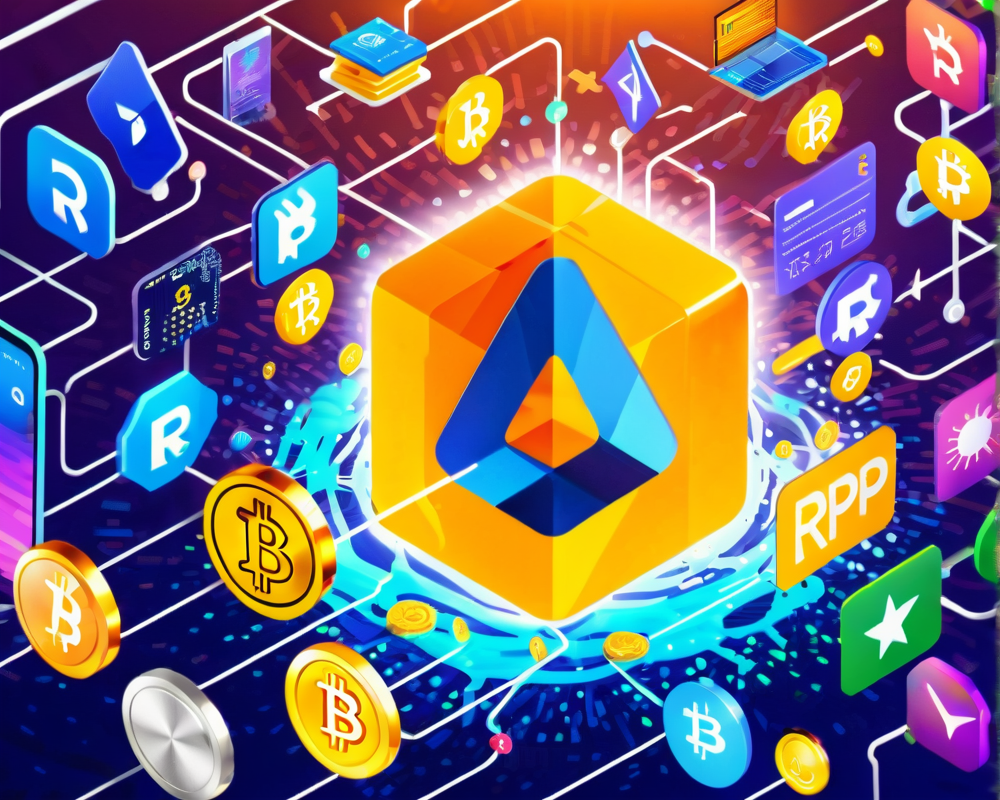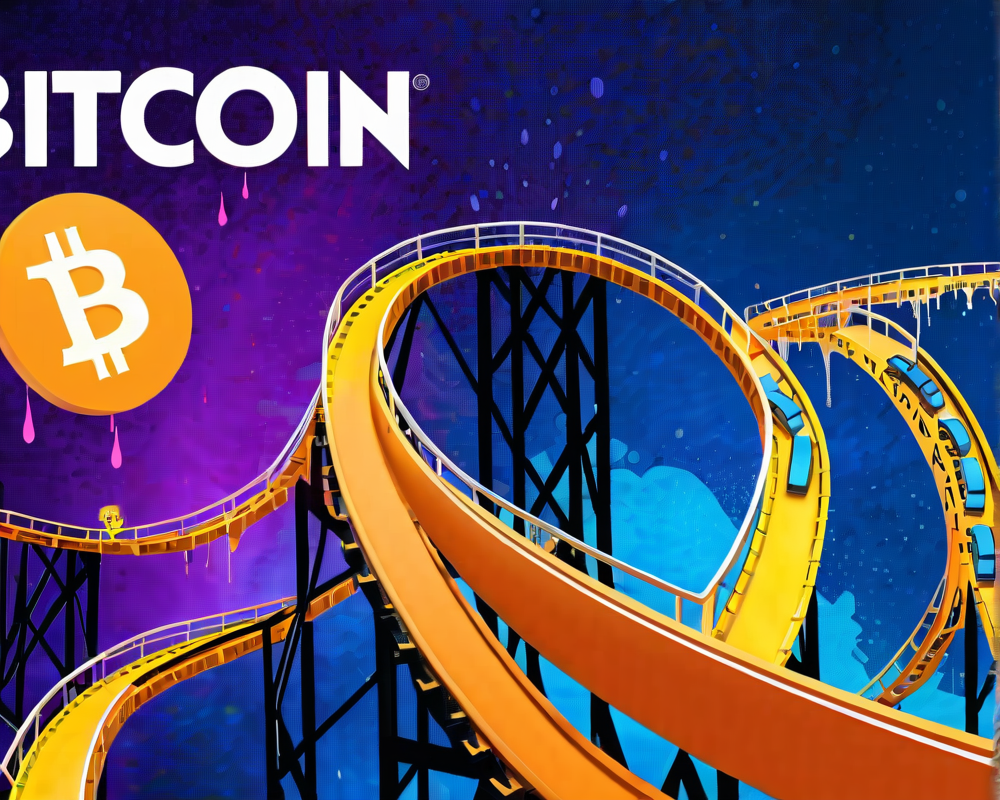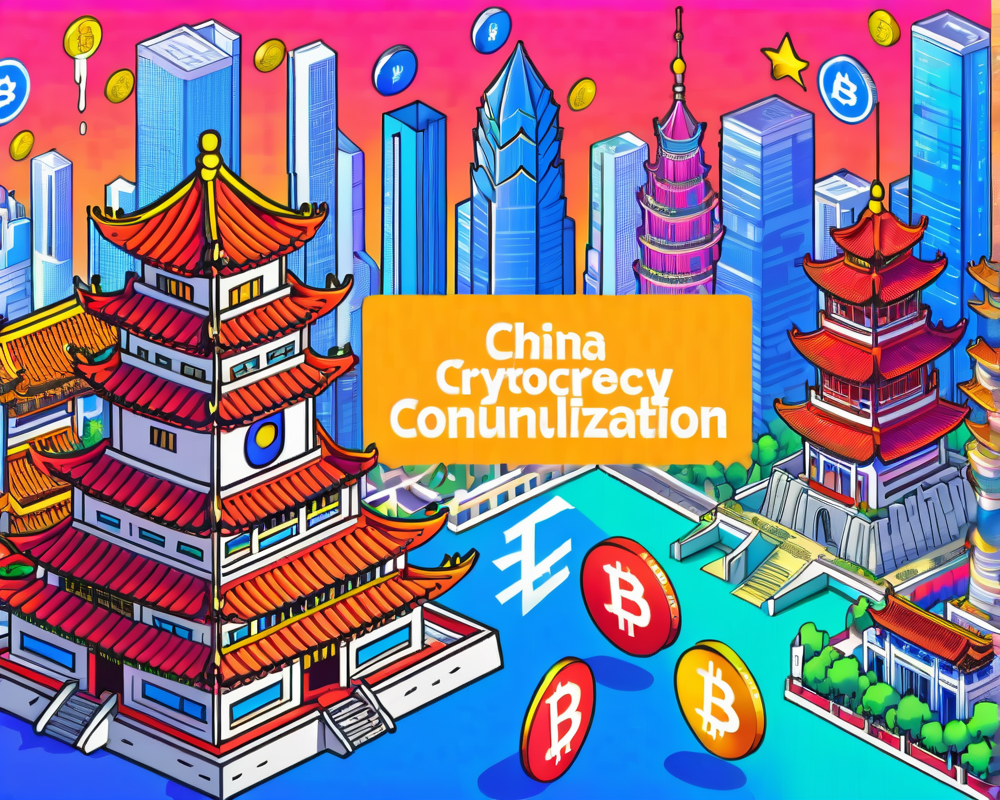The Slow March of Blockchain Adoption
While many businesses are still tiptoeing around the idea of adopting blockchain, Walmart Canada has jumped into the deep end with both feet. Surprising? Maybe. Out of a pool of projects, a head-scratching 79% finished their pilot phases, yet only a measly 7% took the plunge into the real world this year.
Walmart Canada and Its Blockchain Triumph
Remember when grocery shopping was just about filling your cart with snacks? Fast forward to today, where Walmart Canada is making waves by implementing DL Freight, a blockchain-based supply chain platform. Launched in November 2019, it hasn’t just been a simple integration; it’s grown to encompass over 60 transportation carriers and has put itself on the map as a finalist for a major supply chain innovation award!
A Game-Changer in Action
Perhaps the most jaw-dropping statistic is this: After processing more than 150,000 invoices by August 2020, less than 2% ended up in disputes. What kind of sorcery is this? According to Loudon Owen, CEO of DLT Labs, successful partnerships and rigorous testing have made this possible.
The Pain in the Invoice Process
Logistics is typically known as a maze of complexities, and Walmart had been dealing with hefty discrepancies across 70% of their deliveries due to convoluted invoicing. Francis Lalonde, Walmart Canada’s VP of Transportation, said the old invoice process was like herding cats—impossible and chaotic. Now, with DL Freight, it’s all about streamlined precision.
How Did They Pull It Off?
- Reduced the invoice process from 11 steps to 5.
- Minimized third-party reconciliation services.
- Integrated data from Walmart, carriers, and IoT devices into a shared ledger.
Why Blockchain? Why Not?
Lalonde argues that the magic of blockchain lies within its transparency and accuracy. That coupled with the technology’s dreadfully strong capabilities for record-keeping means businesses face fewer headaches (and fewer disputes!).
DL Freight: The Backbone of Change
Powered by Hyperledger Fabric, the platform ensures that each transaction remains between trusted members of the network, which avoids the public broadcast of proprietary business affairs. Nothing says “trust me” like private communications!
The Future: Private vs Public Blockchain
Now that Walmart Canada’s success has caught everyone’s attention, it raises the question: will more companies leap into the blockchain fray? Lalonde certainly thinks so, noting that the future might hold a fascinating switch from private blockchain systems to more open networks. If Walmart China can trace food supply via VeChain’s public blockchain, who knows where the innovation wave will take us next?




